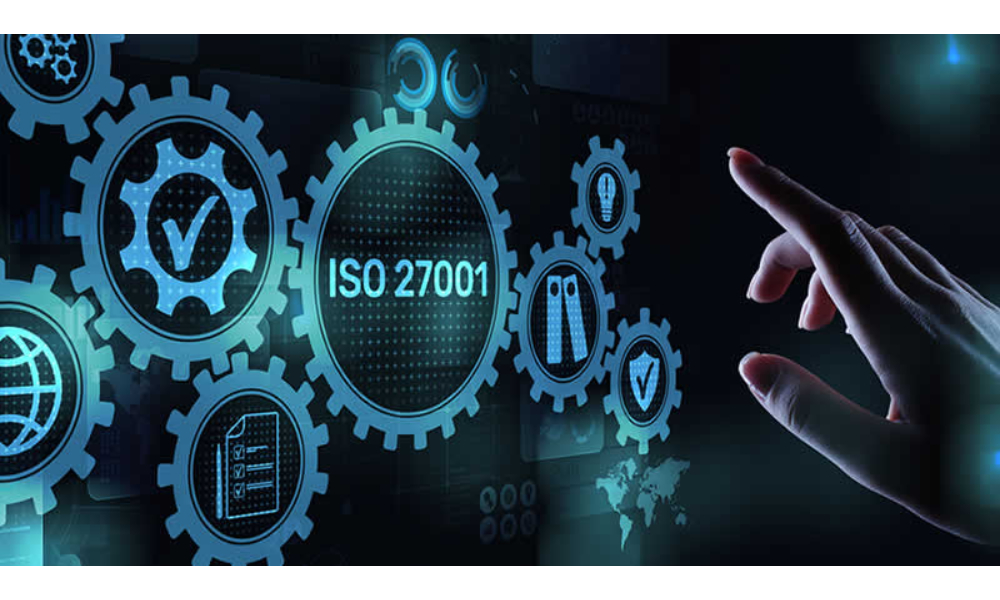In today’s digital world, protecting company information is more important than ever. Data breaches, cyberattacks, and unauthorized access can cause serious financial and reputational damage. Implementing strong information security practices is no longer optional, and ISO 27001 can be a key tool for companies seeking to safeguard their data.
Understanding ISO 27001
ISO 27001 is an internationally recognized standard for information security management. It provides a framework that helps organizations protect their information systematically and effectively. The standard sets out requirements for establishing, implementing, maintaining, and continually improving an information security management system (ISMS). By following ISO 27001, companies can identify potential risks, manage them properly, and ensure that sensitive data is always protected.
Why Information Security Matters
Information is one of the most valuable assets for any company. Whether it is customer data, financial records, or intellectual property, losing or compromising this information can lead to serious consequences. Information security helps protect against unauthorized access, data loss, and cyber threats. It also ensures compliance with regulations, builds customer trust, and strengthens the company’s overall credibility. By adopting ISO 27001, companies show that they are committed to keeping information safe and maintaining a secure business environment.
Implementing ISO 27001 in Your Company
Implementing ISO 27001 involves a structured process. It starts with assessing current information security practices and identifying potential risks. The next step is to develop policies, procedures, and controls to address these risks. Employees are trained to follow the new procedures, and management monitors the system continuously to ensure it works effectively. One of the key benefits of ISO 27001 is that it encourages a culture of ongoing improvement. Companies regularly review their security measures and make updates to respond to new threats.
Benefits of ISO 27001 for Your Business
Adopting ISO 27001 provides multiple advantages. First, it strengthens your company’s security posture, making it more difficult for cybercriminals to breach your systems. Second, it demonstrates to clients, partners, and stakeholders that your organization takes information security seriously. Third, it helps meet legal and regulatory requirements, reducing the risk of fines or penalties. Additionally, ISO 27001 promotes efficiency by standardizing security procedures and reducing the likelihood of costly errors or incidents.
Building Trust with Customers and Partners
In today’s competitive market, trust is essential for business success. Customers and business partners want assurance that their data is handled securely. ISO 27001 certification can serve as proof that your company follows best practices in information security management. This not only strengthens relationships but also creates a competitive advantage, as organizations are more likely to choose partners who demonstrate high standards of data protection.
Continuous Improvement and Adaptation
One of the key principles of ISO 27001 is continuous improvement. The business environment and cyber threats are constantly changing, so a static approach to security is not sufficient. ISO 27001 encourages regular monitoring, internal audits, and updates to the information security management system. This proactive approach ensures that your company remains prepared to handle new risks, keeps sensitive information protected, and maintains compliance with industry standards.
Conclusion
ISO 27001 is more than just a certificate; it is a comprehensive framework that strengthens your company’s information security management. By implementing ISO 27001, businesses can protect sensitive data, improve operational efficiency, build trust with customers and partners, and stay compliant with regulations. Investing in ISO 27001 demonstrates a commitment to security and prepares your company for the challenges of an increasingly digital world.

